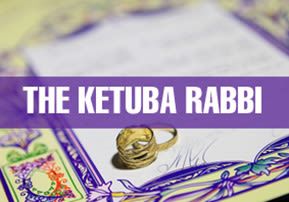
The Ketuba Rabbi
Why all the miscarriages? The ketuba was checked, and sure enough, instead of writing meta'im zuzim (200 coins) the officiating rabbi had written metim zazim (dead moving)...

It was a throwaway comment, a few weeks’ ago: I was telling a friend of mine about a few of the big challenges I’m currently facing in life, and she told me I should get my ketuba (Jewish marital contract) checked. She’d taken her ketuba to a rabbi in Bnei Brak a few years’ back, when she and her husband were finding it impossible to buy a house, and he’d told them that the ketuba was written in such a way that it had no ‘foundation lines’. He wrote out a new ketuba, and within a month, they’d bought a house.
I didn’t need telling twice. I faxed off my ketuba, and waited to hear back. A couple of weeks’ later, we got the news: the ketuba was passul (invalid), and we needed a new one. Great!!
Probably like a lot of people, I really hated my wedding. There were lots of other people’s guests there that I didn’t want; lots of demands for ‘black tie’ and other fake social conventions that I hated; and a lot of people who were more interested in the food than they were in paying any positive attention to the bride and groom.
So the thought of getting ‘remarried’ in that small way of having a new ketuba was so exciting to me.
We drove down to Bnei Brak to the rabbi’s apartment, and in the half an hour wait before he could see us, his 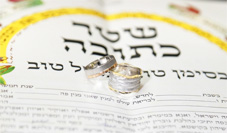 assistant started telling us some amazing ketuba stories. In one story, the rabbi could see that a particular couple were meant to have had 11 children – but they’d had none. Or to be more correct, they’d had nine stillborn children, each of whom had died of a seizure, and two miscarriages.
assistant started telling us some amazing ketuba stories. In one story, the rabbi could see that a particular couple were meant to have had 11 children – but they’d had none. Or to be more correct, they’d had nine stillborn children, each of whom had died of a seizure, and two miscarriages.
The ketuba was checked, and sure enough, instead of writing meta’im zuzim (200 coins) the officiating rabbi had written metim zazim (dead moving). Errors like this in a ketuba can be absolutely deadly. After they received a new ketuba, this couple went on to have five healthy children, thank G-d.
There were tons of other stories of couples who were childless, who had their ketuba fixed and then had families, or more children (not least the attendant himself, who started working with the rabbi when the doctors told him that after his firstborn, his wife would be unable to have any more kids. They had the ketuba looked at and fixed, and then went on to have another three children.)
There were stories of people in comas who woke up when the ketuba was fixed; people who couldn’t buy houses who suddenly could, once the ketuba was sorted out.
The ketuba is so important because it’s the foundation document for a whole new entity, ‘the married couple’, and what’s written in it can deeply affect the functioning of the marriage and the couple’s life together.
For example, one person was told that the wife was lucky to still be alive, as her name was so badly botched on their ketuba; another person had to undergo four unnecessary caesarean sections, because the officiating rabbi had ‘X-ed’ through her name on the ketuba.
If there are spelling errors, it renders the ketuba invalid. If there are titles, like ‘Ha Rav‘ (‘The Rabbi’) it renders the ketuba invalid. If the witnesses forgot to write the word ‘eid‘ (witness) next to their signature, it can cause all kinds of marital problems and health issues. If there are brackets in the ketuba (for example, with the couple’s ‘English’ names) then the couple will feel like they’re in prison throughout their whole married life.
Long story short, we got in to see the Rav, and he told me that according to my ketuba, I should have a certain number of children. I didn’t. ‘Any miscarriages?’ he asked me. And there were. Those, together with my existing children, added up to the amount he’d said.
My old ketuba was invalid because of a relatively minor correction – they’d gone over a letter many times, so it came out looking ‘bolded’. We were lucky in as much as we had the cheapest ‘standard’ ketuba offered by our synagogue, which wasn’t fancily designed, but had the correct text and layout. I thought of the couple with the expensive customized ketuba and the nine stillborn children, and I shuddered.
The attendant told us that the rabbi has amended more than 40,000 ketubot in the 40 years he’s been doing it, and that in the attendant’s opinion, there are problems with 80% of the ketubot today.
It’s been five days and I haven’t yet got won the lottery or bought a new house (I know, I should have asked him to fix my impatience…) but in the meantime, I came away from the Rabbi feeling fundamentally different.
As he wrote out our new ketuba, I felt a weight roll off me, and I left much lighter than I came. So many of us, including myself, have no idea of the deep significance behind these things. When I was getting married, I had no idea the ketuba was going to set the tone for my married life in such a fundamental way – if I’d known that, I’d have been far more careful and involved in what was being written, and how, by who.
Thank G-d, it’s never too late. If you even have the smallest question mark that your ketuba might not be 100% ok, it costs nothing to fax it in and get it checked.
I just ask you one thing: if you experience miracles as a result, write in and let me know, so we can share the good news with the rest of Am Yisrael.
Rabbi Ashlag’s Office details:
+972-3-579-3355; or:
+972-3-619-6269




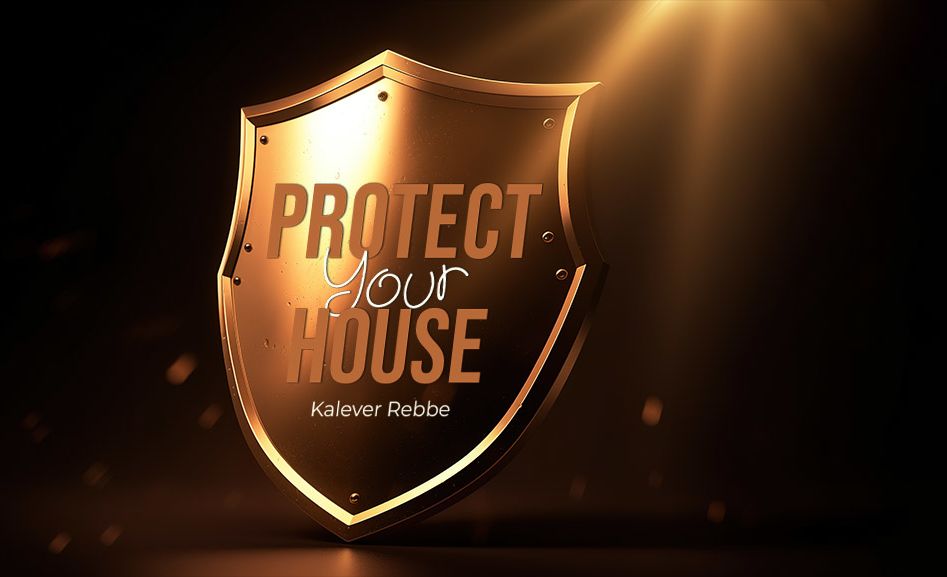

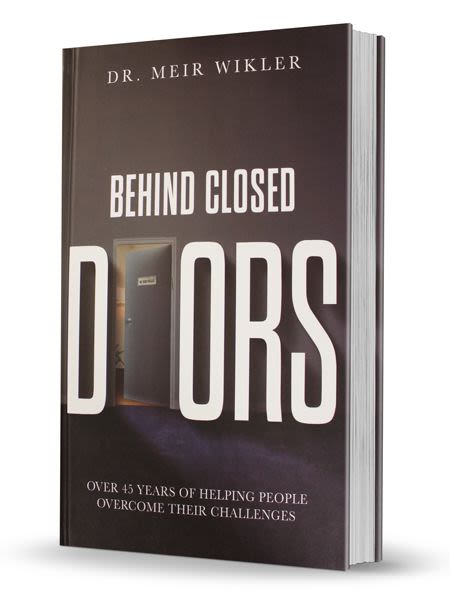
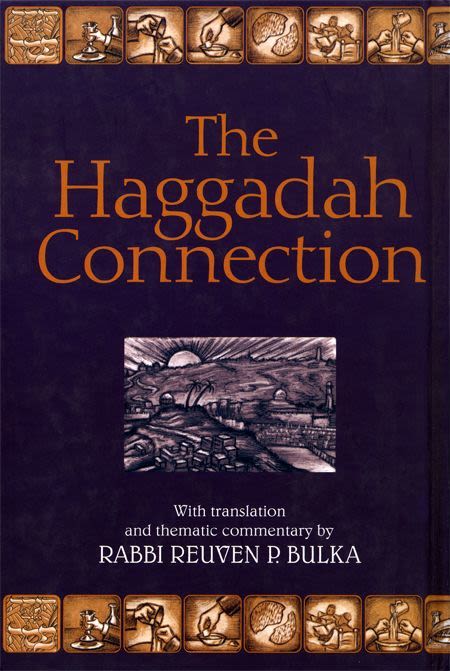
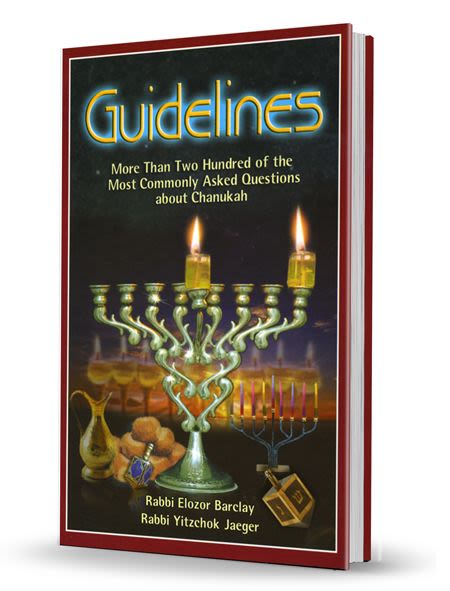
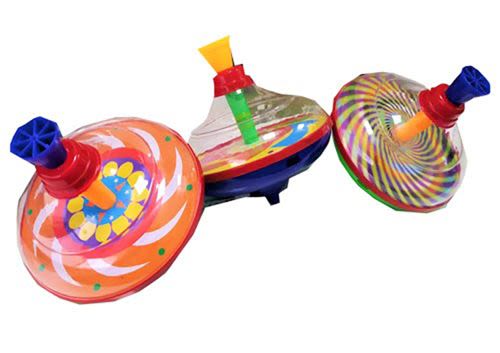
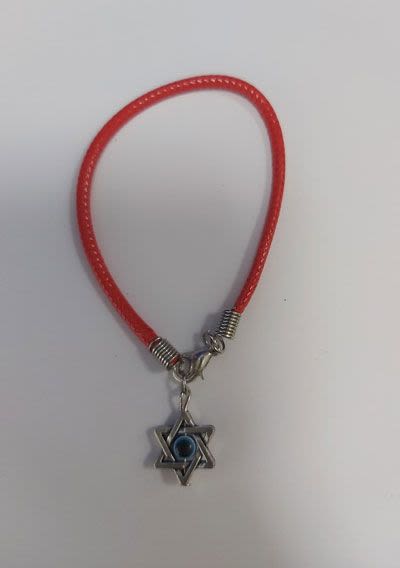
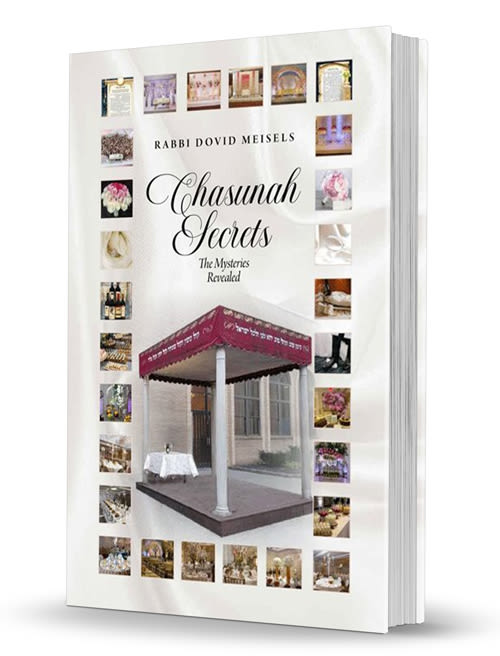
Tell us what you think!
Thank you for your comment!
It will be published after approval by the Editor.